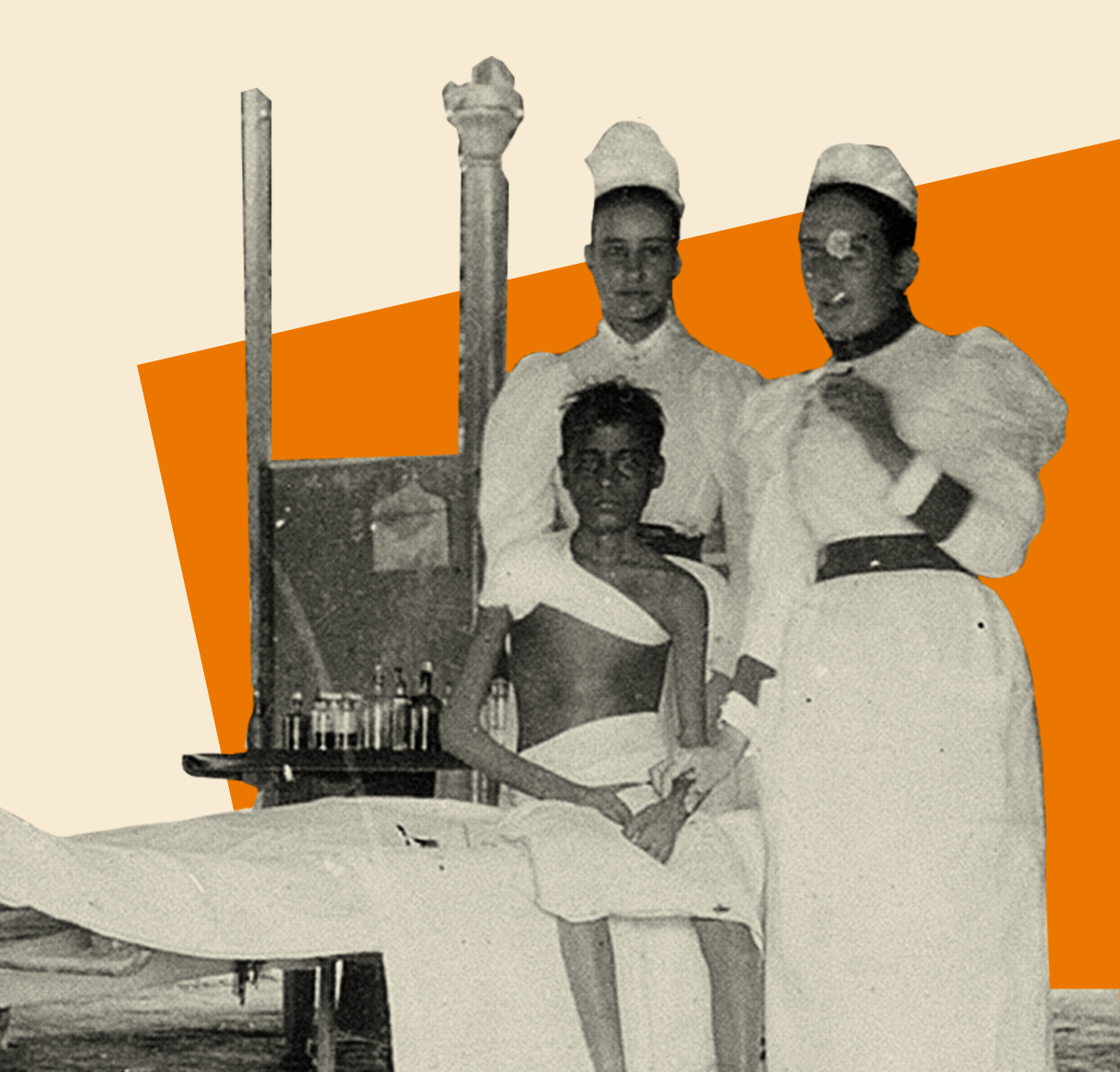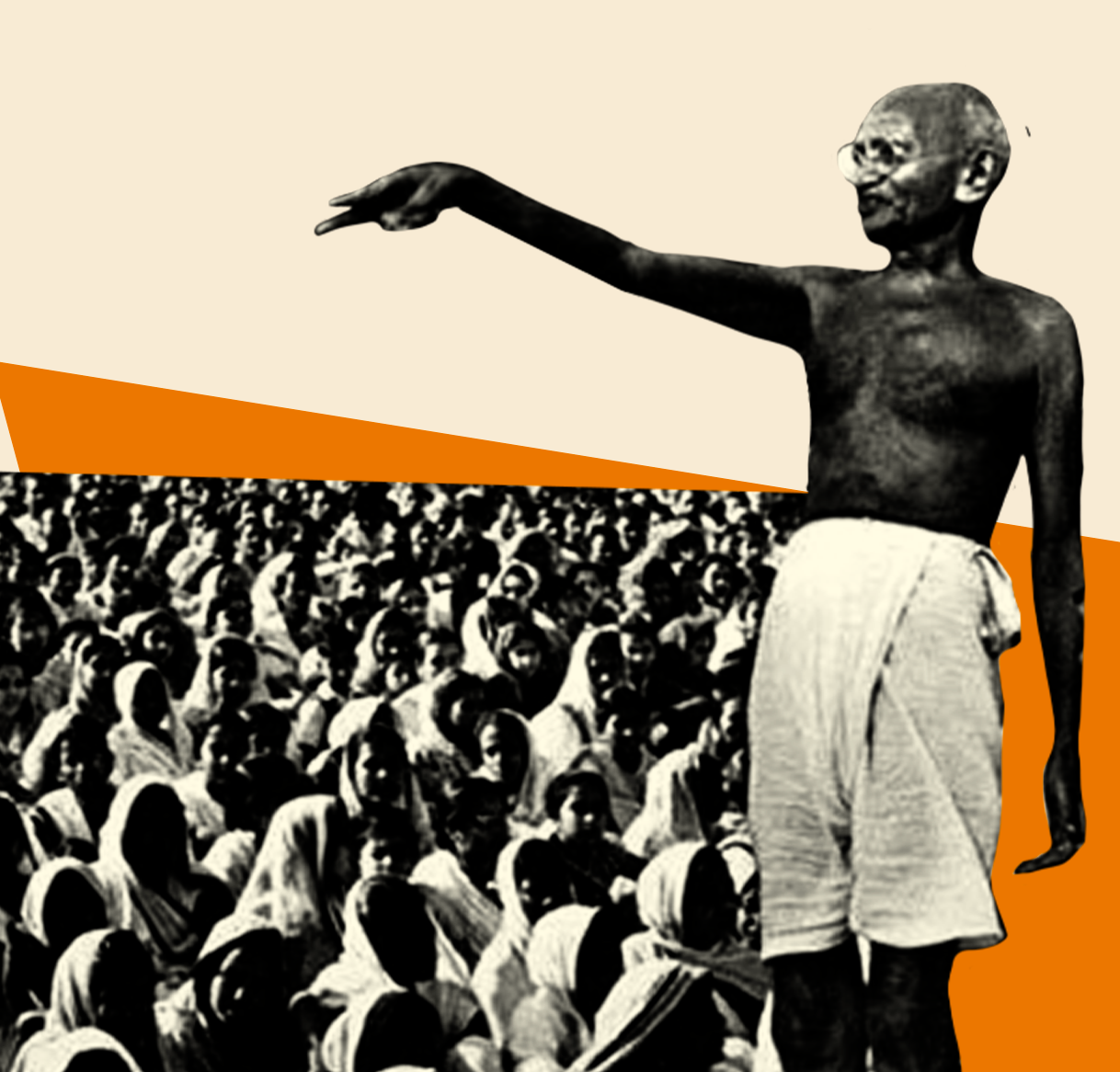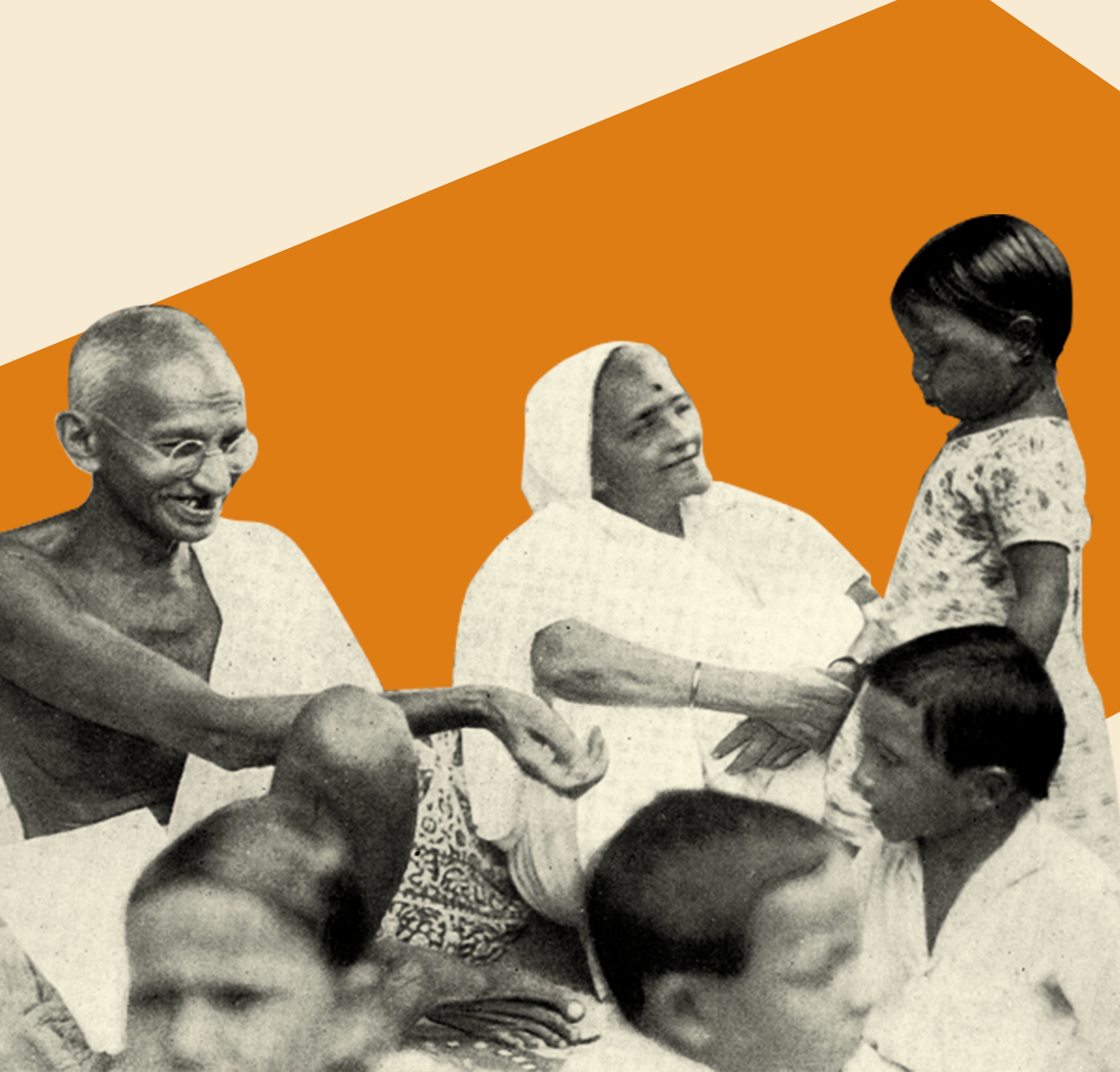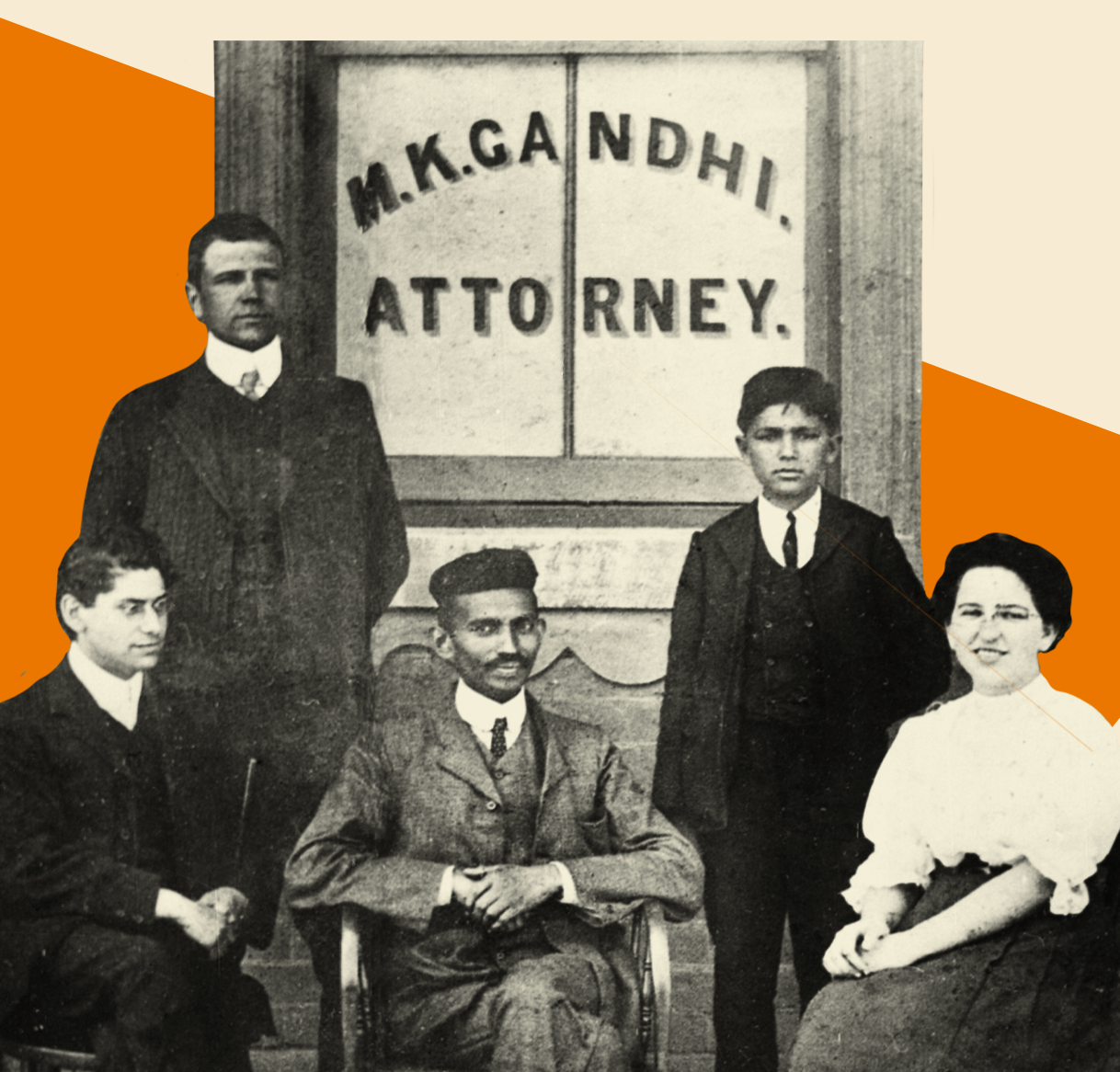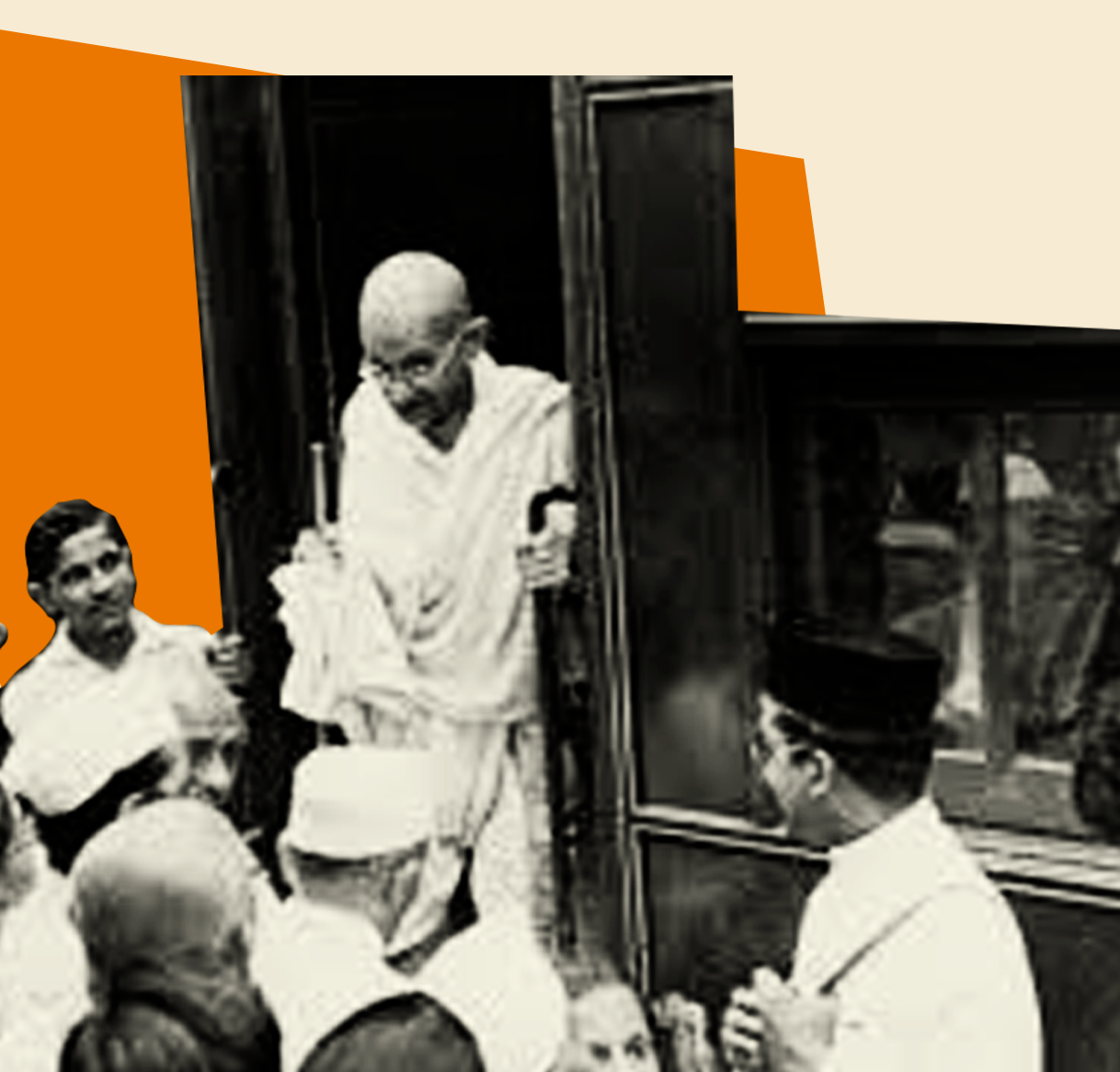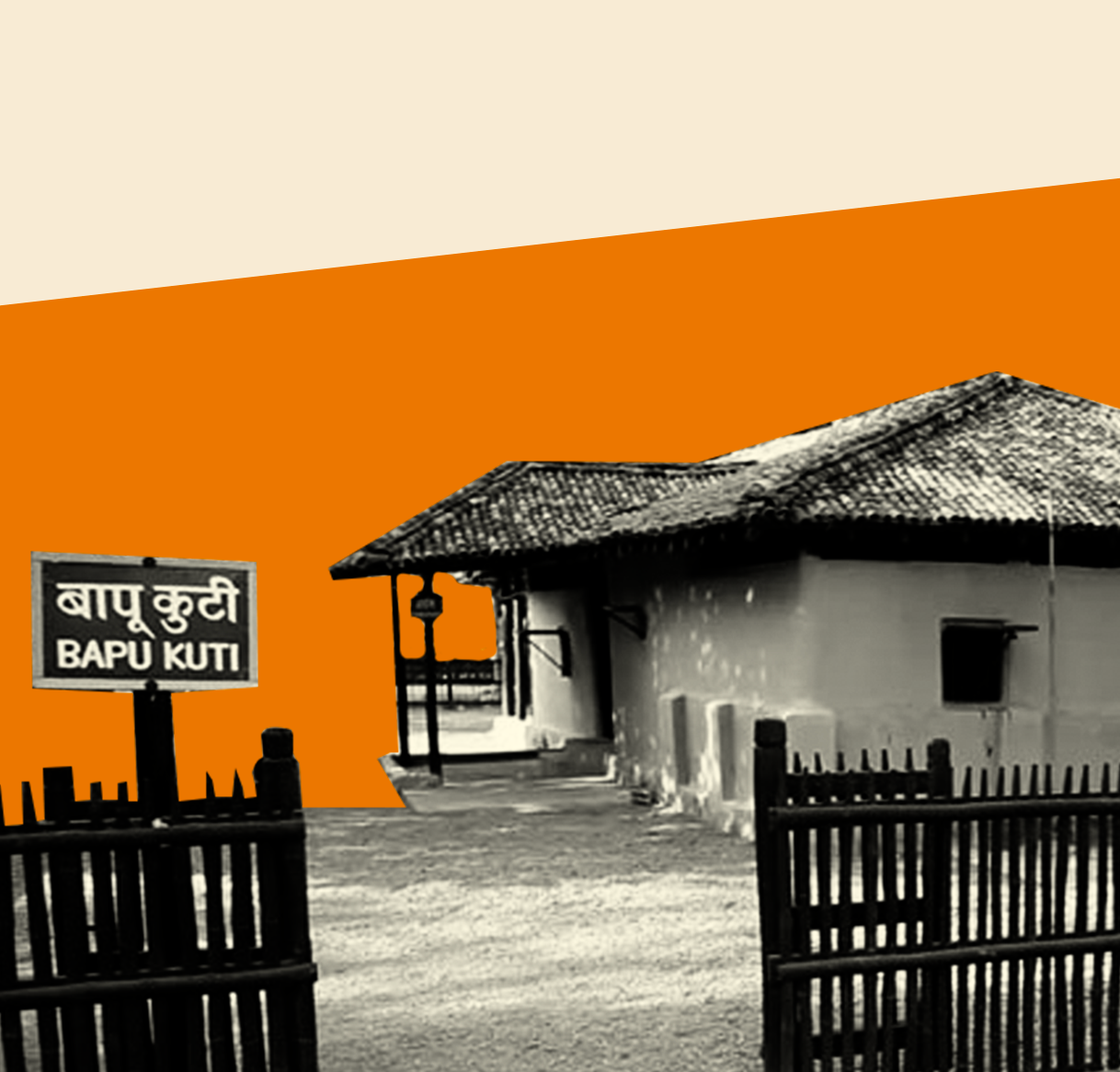





Key Moments in Gandhi’s Sanitation Journey
KEEP SCROLLING DOWN
1896-1897
bubonic Plague
During the bubonic plague outbreak, Gandhi volunteered for the sanitation department in Rajkot, Gujarat. He led inspections, emphasizing the need for clean toilets and proper waste management. He found that poorer households were often cleaner than those of the wealthy.
1917
Champaran Satyagraha
During the Champaran Satyagraha, Gandhi emphasized the importance of sanitation and hygiene among indigo farmers. He organized cleanliness drives and educated the community on maintaining hygiene to prevent diseases.
1932
Harijan Campaign
Gandhi launched the Harijan campaign to eradicate untouchability, which included promoting sanitation as a means of social reform. He emphasized that sanitation should not be relegated to specific communities but should be embraced by all.
1893-1914
South Africa
Mahatma Gandhi’s experience in South Africa laid the groundwork. He observed the sanitation practices of the West and began promoting similar standards within the Indian community. He emphasized that “everyone must be his own scavenger”, encouraging personal responsibility for cleanliness.
1915
Indian Awareness
Upon returning to India, Gandhi continued his sanitation efforts, linking cleanliness with the fight against untouchability. He advocated for community involvement in sanitation work and emphasized the importance of clean living conditions for all.
1920
Sevagram Ashram
At the Sevagram Ashram, Gandhi implemented strict sanitation practices. He insisted that all members participate in cleaning activities, demonstrating that sanitation work was a shared responsibility and not just for the so-called lower castes.

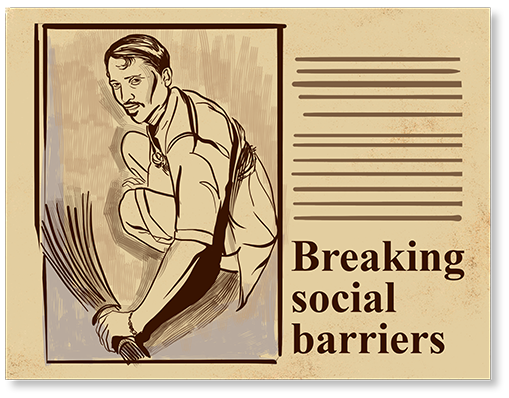
Mahatma Gandhi’s sanitation campaigns were intertwined with his mission to abolish untouchability. By encouraging all castes to participate in sanitation work, he promoted equality and dignity for all. His efforts included designing simple, easy-to-use latrines that did not require a scavenger to clean.
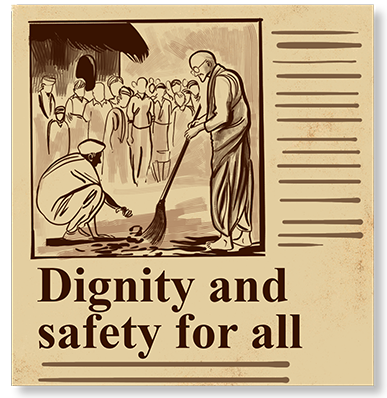
With his sanitation efforts, Gandhi challenged deeply entrenched social barriers. He believed that treating sanitary workers as ‘untouchables’ led to the neglect of sanitation as ‘unclean’ work.
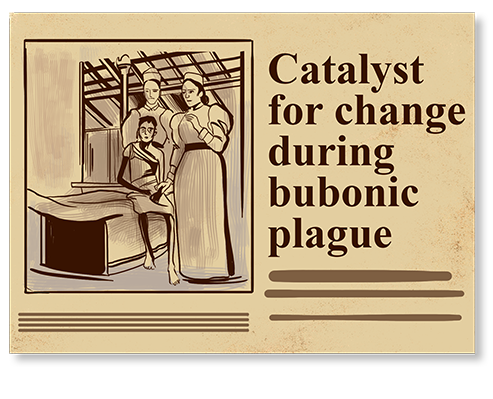
Mahatma Gandhi’s work during the bubonic plague was pivotal. He inspected homes, finding that poorer households were often cleaner than those of the wealthy. This observation challenged societal norms and highlighted the need for universal sanitation practices. Gandhi criticized the hypocrisy of the affluent and recommended practical solutions like separate waste buckets and clean water access.


















